Major League Baseball has an umpiring problem
Jul 30, 2013, 10:17 PM | Updated: 10:17 pm
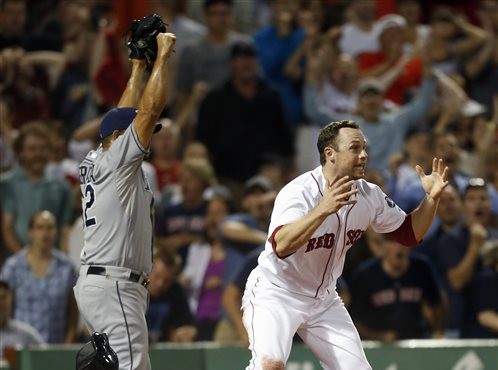
Baseball doesn’t have a replay problem, it has a union problem.
Monday night, MLB umpire Jerry Meals blew another call at home plate that certainly cost the Red Sox a late-inning tie and may have cost Boston the game.
Meals’ post-game response?
“I blew it. I apologize.”
Great, another umpire admitting he screwed up. A lot of good that does Boston.
Inevitably, the instant replay debate fires back up after a call like this. And I won’t argue against a controlled replay system. (Control being the key word. We’re not reviewing every close play.)
But there is a far more disturbing issue at hand here than blown calls. I believe the integrity of the game may be at stake, and once again the league is slow to realize it. Let’s see if you notice the same troubling trend I did when reviewing the three worst calls of the 2013 season…
April 10 — Arlington, Texas
The Tampa Bay Rays are trying to mount a rally. Down 5-4, they’ve already scored a run on Rangers closer Joe Nathan, there’s a runner on first, and All-Star Ben Zobrist is at the plate. The 3-2 pitch to Zobrist is so low it nearly scrapes the dirt, and so wide of the strike zone that the pitcher wheels about on the mound with disgust over his latest offering. However! Home plate umpire Marty Foster inexplicably calls the pitch a strike. Game over. Tying run doesn’t reach second. A struggling pitcher doesn’t have to face Evan Longoria with the game on the line. A lengthy argument ensues. Foster walks off the field. Later he apologizes. But the Rays still lost the game 5-4. And Foster wasn’t even fined.
MAY 9 — Cleveland, Ohio
Down 4-3 in the ninth, Oakland hitter Adam Rosales hits a long fly ball to left field. The ball ricochets off the railing above the outfield fence for a home run. However! The umpire says the ball didn’t clear the fence. Rosales must stop at second. No problem. The umps can review home run calls. Remarkably, crew chief Angel Hernandez comes back onto the field to announce he’s not overturning the call. The game eventually ends in a 4-3 Cleveland win. The next day, Hernandez apologized for getting the call wrong. But the “L” still stands on the Oakland schedule. Hernandez and his crew were fined an undisclosed amount.
JULY 29 — Boston, Massachusetts
Jerry Meals calls Daniel Nava out on a tag at home plate when he appeared to be safe and replay confirmed he was. Nava would have tied the scored at 2 in the bottom of the eighth had Meals not blown the call. Of course, this isn’t the first time Meals has infamously blown a call at home late in a game. Meals authored THE worst call I’ve ever seen in my life in 2011, when in the 19th inning he called Atlanta’s Julio Lugo safe at home to end the game, when Pittsburgh catcher Michael McHenry had tagged him ten feet from the plate.
So…
Did you figure out the trend?
Every one of these calls was made late in a game to avoid a tie score.
I don’t know if the umps were hungry or thirsty or tired, or perhaps they just didn’t want to miss reverse happy hour at Applebee’s, but these four calls weren’t made by guys who wanted to get the call right, they were made by people who wanted to leave work.
Look, the baseball season is a long one. Teams have plenty of chances to make up for an umpire costing them one game out of 162. And a baseball game is a long one — three hours on average (11 if the Red Sox and Yankees are playing). So, a team often has plenty of time to make up for a bad call in the midst of a game. And bad calls, let’s face it, are unavoidable. But bad calls in the 8th and 9th innings are nearly impossible to overcome. And blatantly obvious bad calls…?
The game is on the line. The attention of the fans is never greater. The focus of the players is never greater. But umpires have no rooting interest. Umpires get paid the same no matter who wins or loses, or if the game goes five innings or 25 innings. The only thing that keeps their focus on the game, and not on when In-N-Out closes, is their professional integrity. So, what if they don’t have any?
“Must have been getaway day,” retired star Chipper Jones tweeted after the A’s-Indians game. “This is why I won’t watch a game umpired by Angel Hernandez.”
Angel Hernandez has immunity. He must, for there is no way, based upon job performance, that Hernandez should still have a job as a Major League umpire. Even with the assistance of instant replay, he’s allowed to miss.
Players can be cut, even ones who’ve dedicated 25 years of service to the game. Why can’t umpires?
Players can be sent to the minors. Why can’t umpires?
If the umpires’ union wants to keep on protecting guys who are more concerned with leaving the ballpark at a decent hour than getting the call right, well, it will ultimately be their own undoing. The more obvious calls they blow in big moments, the more the talk of replay grows. And once the role of the computer begins to expand in MLB, as it has in every other walk of life, the more obsolete the umpire is going to become, until they are but fossilized reminders, with clickers in hand, of how the game used to be regulated.
Bottom line: Do your job. Get the call right. There will be another night to grab a gin and tonic with the boys.


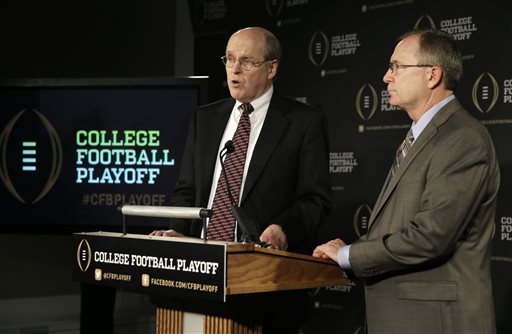
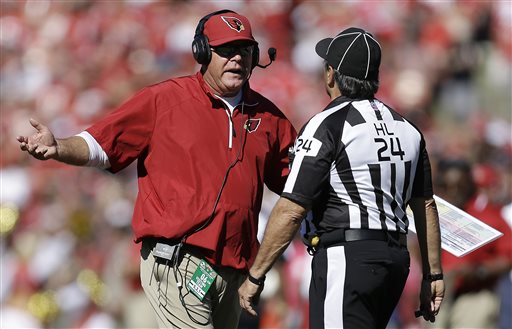
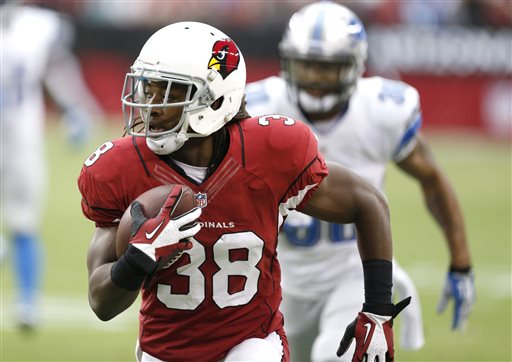
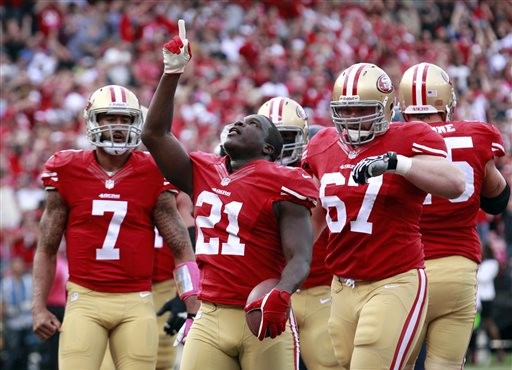
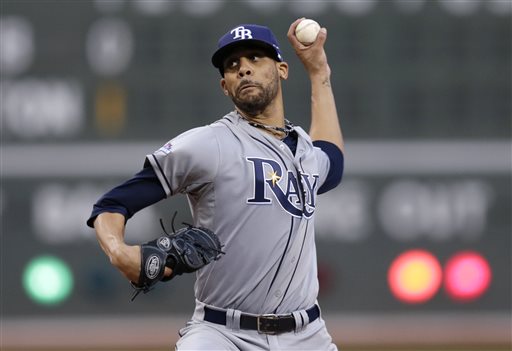
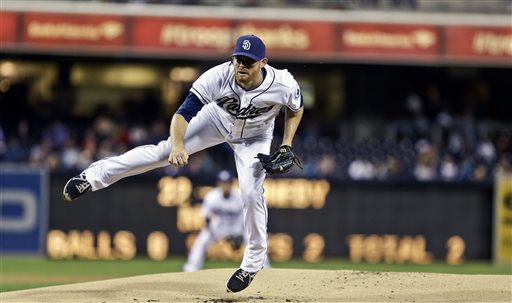
Comments